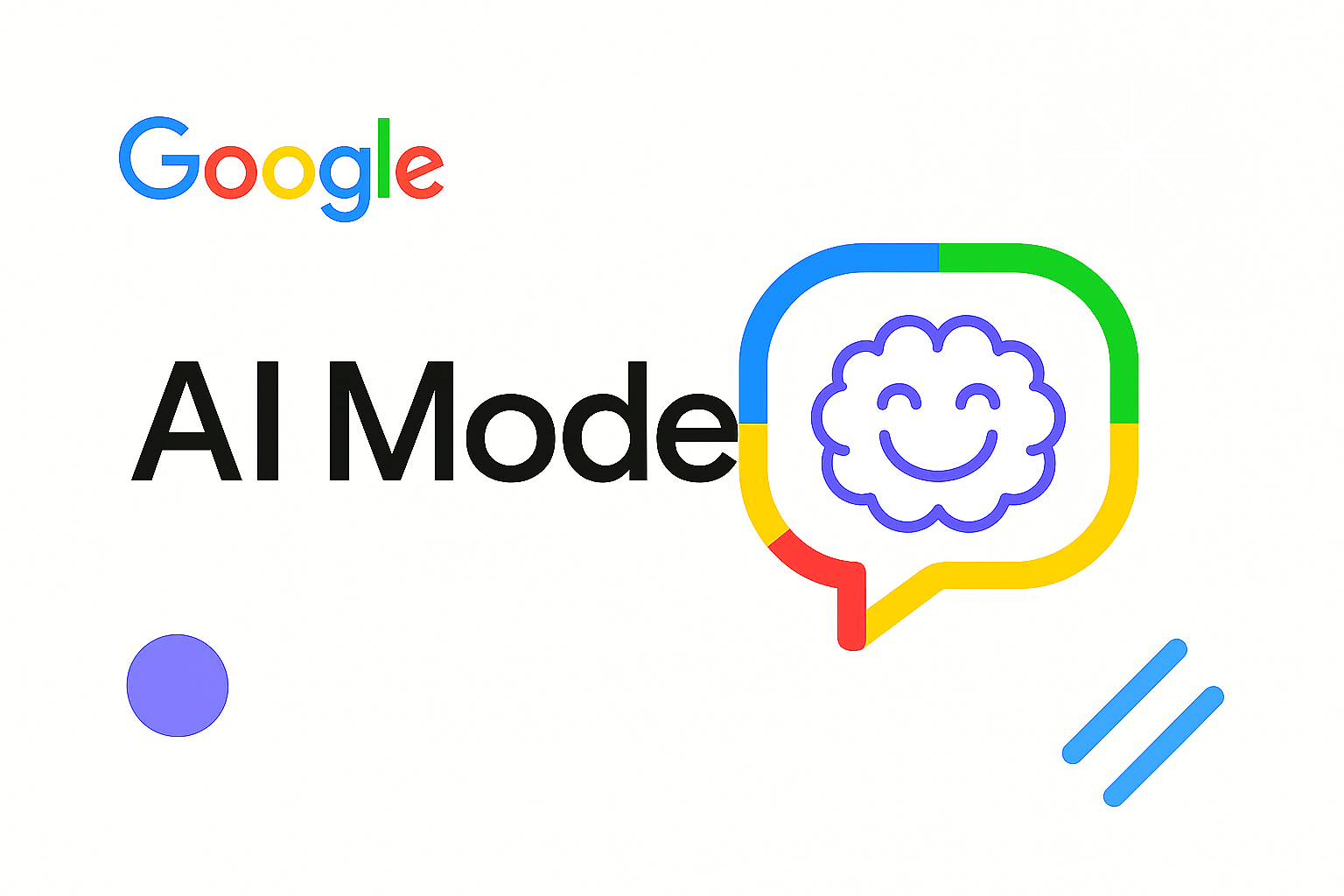
Wikiasari – Wikipedia founder to launch search engine to rival Google, Yahoo & Live
by AvneetThe U.S. founder of the Web encyclopedia Wikipedia says his planned Internet search engine, Wikiasari, could rival Google and Yahoo!. Jimmy Wales told The Times of London his search engine, planned to launch with Amazon.com, will use the same user-based technology as Wikipedia. The commercial version of the search engine will be developed through San Mateo, California based Wikia Inc., with a provisional launch planned for the first quarter of 2007, he said.
Wikiasari gets its name from ‘wiki,’ Hawaiian for ‘quick,’ and ‘asari,’ Japanese for ‘rummaging search.’
Earlier this year Wales said he secured multimillion-dollar funding from Amazon.com and a separate cash infusion from a group of Silicon Valley financiers to finance Wikia projects.
Wikipedia, online since 2003, is written by thousands of contributors worldwide using free, open-source software. Wales said he wants to use the same network concept and free software to create his search engine.
# Following speculations and comments by the online community about Amazon’s role and Screenshot captured by Techcrunch, Wikiasari has the following clarifications:
Amazon?
Reporters and bloggers note: Amazon has nothing to do with this project. They are a valued investor in Wikia, Inc., but people are really speculating beyond the facts. This search engine project has nothing to do with A9, Amazon, etc.
Screenshot?
Update: The TechCrunch story is also wrong. This project has nothing to do with the screenshot they are running, and this search project has nothing to do with Wikipedia.
Why another Search Engine?
Mr Wales, a 40-year-old former options trader, believes that, as the popularity of Google has grown, obvious flaws in its search engine technology have become apparent.
“Google is very good at many types of search, but in many instances it produces nothing but spam and useless crap. Try searching for the term ‘Tampa hotels’, for example, and you will not get any useful results,” he said.
Spammers and commercial ventures are also learning how to manipulate Google’s computer-based search, he added. Mr Wales believes that Google’s computer-based algorithmic search program is no match for the editorial judgment of humans.
Google searches are conducted using an algorithm that calculates how many other websites are linked to a certain site, which in turn gives the material found by the search a ranking. Therefore, the first result in any Google search is the website that has the most links pointing to it. Wikipedia is an encyclopaedia written by thousands of contributors from around the world, known as “Wikipedians”, using free open-source software.
Mr Wales aims to exploit the same network of followers and the same type of free software to create his search engine.
“Essentially, if you consider one of the basic tasks of a search engine, it is to make a decision: ‘this page is good, this page sucks’,” Mr Wales said. “Computers are notoriously bad at making such judgments, so algorithmic search has to go about it in a roundabout way.
“But we have a really great method for doing that ourselves,” he added. “We just look at the page. It usually only takes a second to figure out if the page is good, so the key here is building a community of trust that can do that.”
Mr Wales believes that the reputation already fostered by his Wikipedia community and the transparency of his technology will build sufficient trust in his search engine to bring in advertising revenue and make the Wikiasari venture profitable. “The revenue model of search is advertising. Transparency in search, therefore, is like transparency in news. If the quality is there people will come.”
Catching up with Google, Yahoo!, Microsoft’s MSN or even smaller operators such as Ask.com will be a difficult challenge, Mr Wales conceded.
It’ll be interesting to see how Wikiasari fares in the extremely competitive Search Engine battles – where many new search engines have gone out with a whimper.
Some of the links you should visit:
- About the Author
- Latest Posts
-
Email Marketing Without Fatiguing Conscious Consumers
by Charanjeev Singh
How to build trust, reduce inbox overload, and engage with intention Email marketing is a powerful tool. It lets …
Continue reading “Email Marketing Without Fatiguing Conscious Consumers”
-
How to Market Vegan Products Without Preaching (or Losing Sales)
by Tapam Jaswal
Marketing vegan products isn’t just about talking to people who already follow a vegan lifestyle. It’s also about connecting with …
Continue reading “How to Market Vegan Products Without Preaching (or Losing Sales)”
-
Vegan SEO: Optimizing Organic Visibility for Vegan Brands
by Tapam Jaswal
More people than ever are interested in vegan products and services. If you run a vegan brand, ensuring customers can …
Continue reading “Vegan SEO: Optimizing Organic Visibility for Vegan Brands”
-
Google AI Mode Explained: How It’s Reshaping Search and Content with Real Examples & Tips
by Tapam Jaswal
If you’re in SEO or content and have been watching Google’s changes, you already know: AI Mode isn’t a minor …
-
Jiva’s Organic Traffic Growth: 354% Surge in 6 Months | CueForGood
by Nida DanishSummary: Jiva’s efforts to empower smallholder farmers weren’t gaining the digital traction they deserved. With a strategic overhaul led by …
Continue reading “Jiva’s Organic Traffic Growth: 354% Surge in 6 Months | CueForGood”
-
What We Learned When We Switched From Disposable Tissues to Reusable Napkins
by Nida DanishAt CueForGood (CFG), we’ve embraced a refreshing change: reusable cloth napkins. While the switch may seem minor, it’s rooted in …
Continue reading “What We Learned When We Switched From Disposable Tissues to Reusable Napkins”





